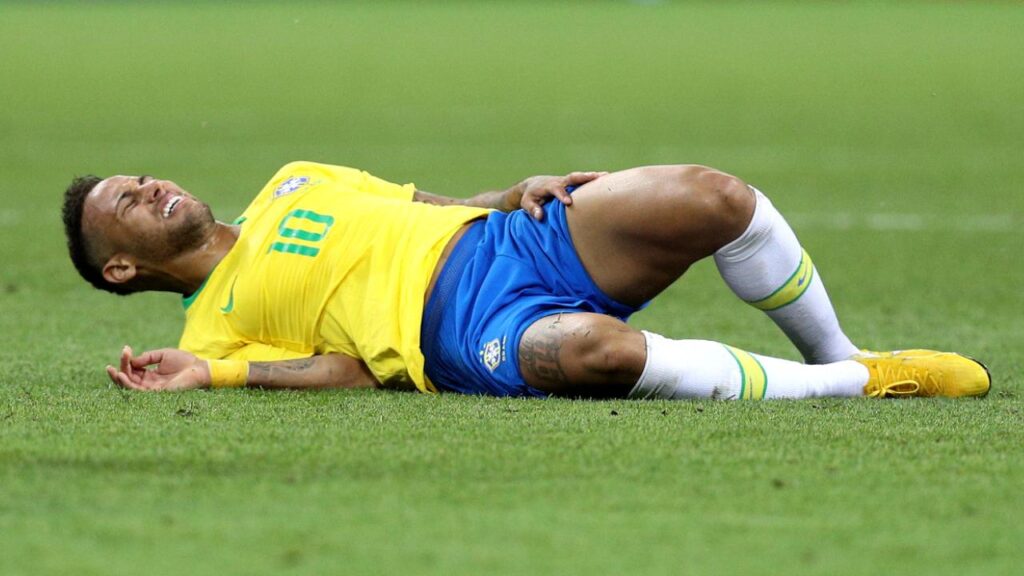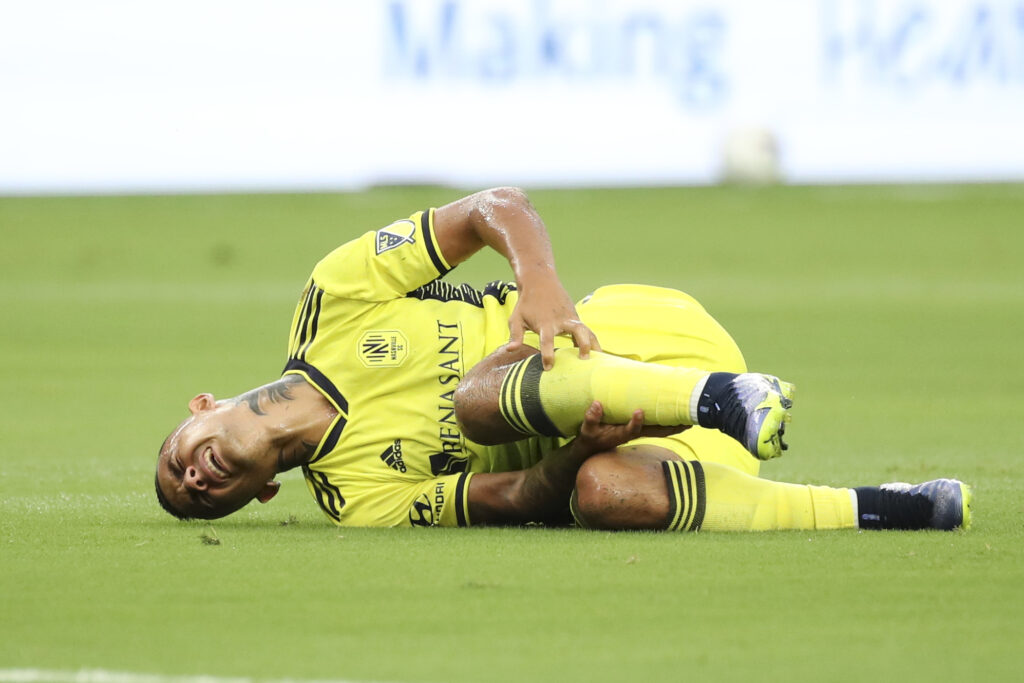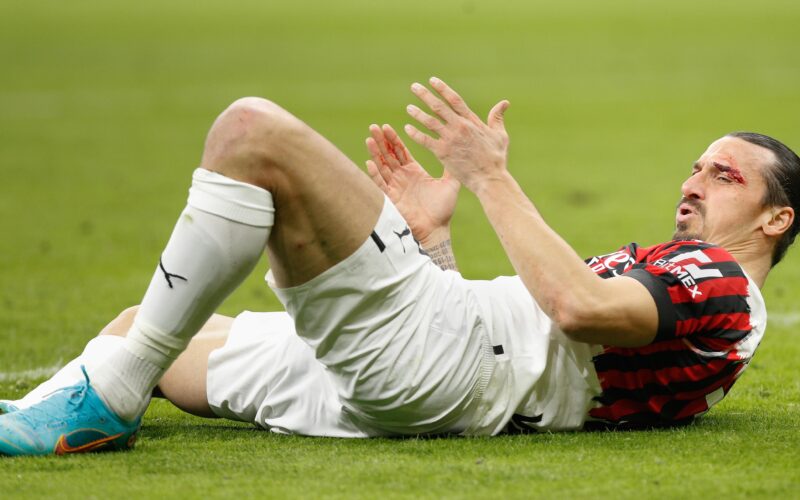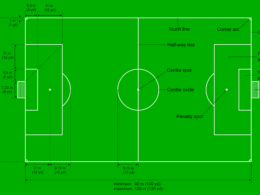Soccer is a game of both physical and mental strength, but with the added pressure of hundreds of fans watching and the potential for great rewards for victory, it’s no surprise that some players are willing to take desperate measures to gain an advantage.
For many sports fans, one of the most frustrating things about professional soccer is the prevalence of players faking injury. It seems like every other match features at least one player writhing on the ground in an attempt to get a favorable call from the referee.
There are a few factors that contribute to this behavior. First, there is a lot of pressure on professional soccer players to win at all costs. Their livelihoods depend on it, and they are often judged harshly by fans and media if they don’t deliver results. This can lead them to resort to desperate measures on the field, like faking an injury, in order to get an advantage over their opponents.
Another factor is that referees are often reluctant to give out yellow or red cards for minor infractions, like tripping or pushing. This leads players to embellish their injuries in order to try and draw a card from the ref. Not only does this give them an advantage in the match, but it also forces the opposing team to play with fewer players for a period of time.
Ultimately, diving is just another form of cheating in soccer, and it’s something that needs to be stamped out of the game if we want it to be truly fair and enjoyable for everyone involved. Referees need to be more vigilant about calling out players for simulation, and teams need to be held accountable for their actions as well. Until then, we’ll unfortunately continue to see players take the shortcut of faking injuries.
Types of Soccer Injuries and Their Effects
There are a variety of soccer injuries that can occur during matches, ranging from mild to severe. Some of the most common types of injuries include strains, sprains, and bruises. While these injuries may not seem serious, they can still have a significant effect on a player’s performance.
Strains occur when the muscles or tendons are stretched beyond their limits. This can happen when a player makes a sudden movement or is tackled hard. Sprains happen when the ligaments are stretched or torn. This is usually the result of a fall or twist. Bruises occur when blood vessels are damaged, causing swelling and pain.
Players may try to fake an injury in order to get a break from the game or to help their team by drawing a foul. However, this can backfire if the injury is real and results in the player having to leave the game. It can also be difficult to tell if a player is truly injured or just faking it. This can lead to frustration from both sides and even alter the outcome of the match.

Psychological Motivation for Faking Injury
There are a few different psychological motivations that can lead soccer players to fake injury during matches. One is the desire to gain an advantage for their team. If a player is injured, they may be able to get a free kick or penalty, which could give their team the opportunity to score. Additionally, faking injury can be used as a way to waste time and run down the clock if their team is ahead and trying to preserve the lead.
Another motivation for faking injury is less noble – some players may do it simply out of frustration or anger. If a player is having a bad game or feels like they’re not being properly utilized by their team, they may feign injury as a way to get attention or force themselves into the game. This type of behavior is generally frowned upon by coaches and teammates, as it’s seen as selfish and unprofessional.
Whatever the motivation, faking injury is generally considered bad sportsmanship and can have major consequences for both the player and their team. If caught, players can be suspended or even banned from playing altogether. It’s important to remember that while winning is important, honesty and integrity should always come first.
Also Read: How Many Football Fields Does It Take To Make A Mile?
Potential Implications of Faking Injury on Team Performance
When players fake injury, it can have a number of potential implications on team performance. For one, it can disrupt the flow of the game and cause confusion among players. It can also lead to frustration, as players may feel that their opponents are not playing fair. Additionally, faking injury can waste time and cause delays in the game. This can be especially detrimental if a team is trying to mount a comeback late in the match. Finally, faking injury could also lead to more serious injuries, as players may be less cautious when they believe their opponents are not as strong or capable.
Strategies to Reduce Faking Injury
There are a few key strategies that can be employed to reduce the incidence of players faking injury during matches. First, it is important to create a culture of fair play and respect within the team. This can be done by ensuring that all players are treated equally and fairly, and by penalizing those who engage in unsportsmanlike behavior. Secondly, coaches and referees need to be trained to identify when an injury is genuine or when it may be faked. This will require close observation of players during matches, as well as knowledge of the common signs of faked injuries. Finally, it is also important to emphasize the importance of fair play to young players. By teaching them the value of honesty and integrity on the playing field, you can help reduce the likelihood that they will fake an injury in order to gain an advantage over their opponents.

Conclusion
Faking injuries in soccer is a controversial issue which can be attributed to various motivations, such as attempting to gain an advantage in certain game situations, trying to disrupt the rhythm of opposing teams, showing disrespect towards referees or manipulating the psychological tendencies of other players. While it can help players reach their desired goal on occasion, faking injuries is not something that should be praised and perpetuated. Instead, we must encourage an ethical playing environment whereby any form of deception is recognized quickly and punished accordingly to discourage similar acts from occurring in future matches.







